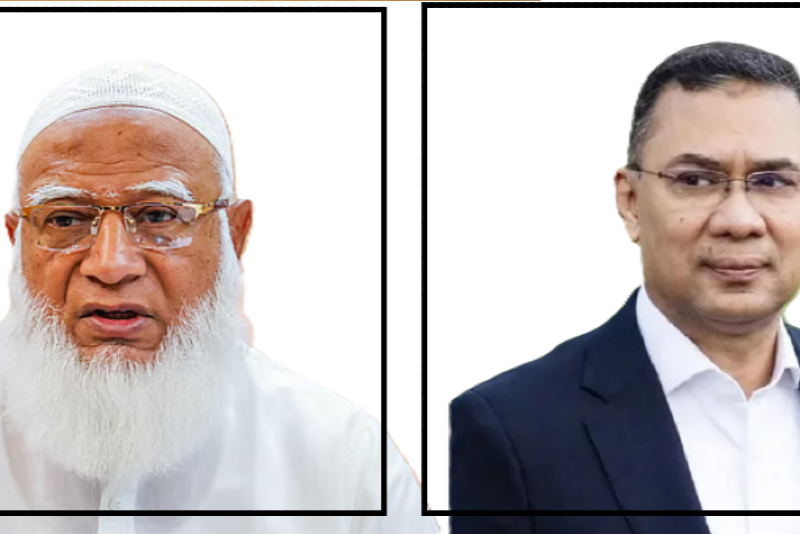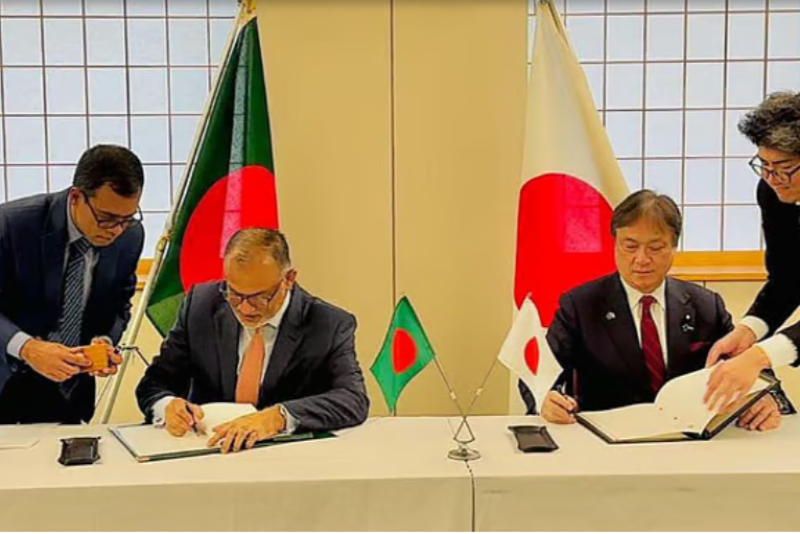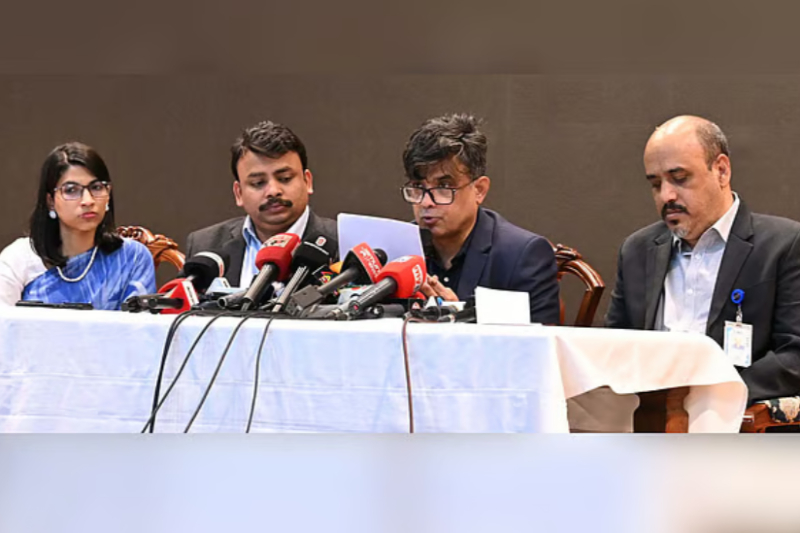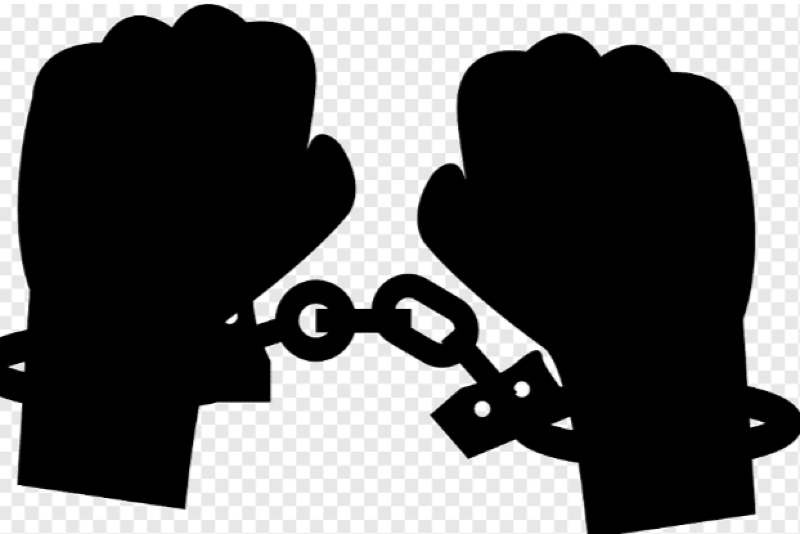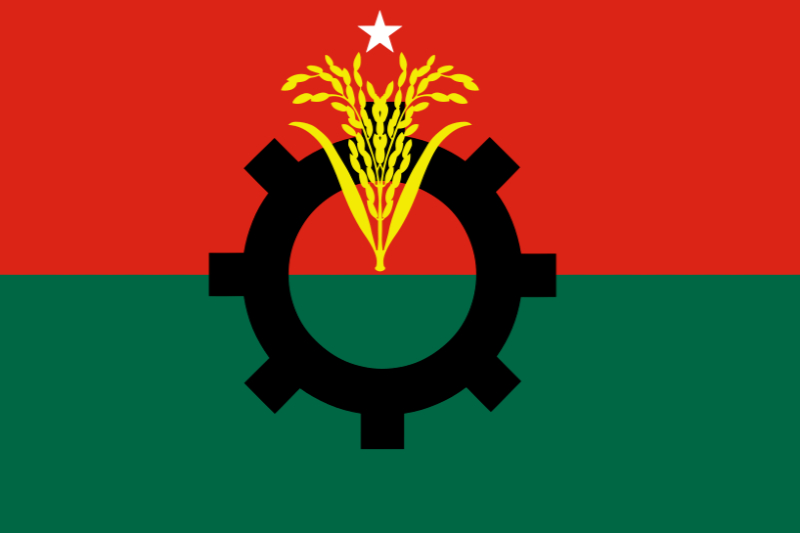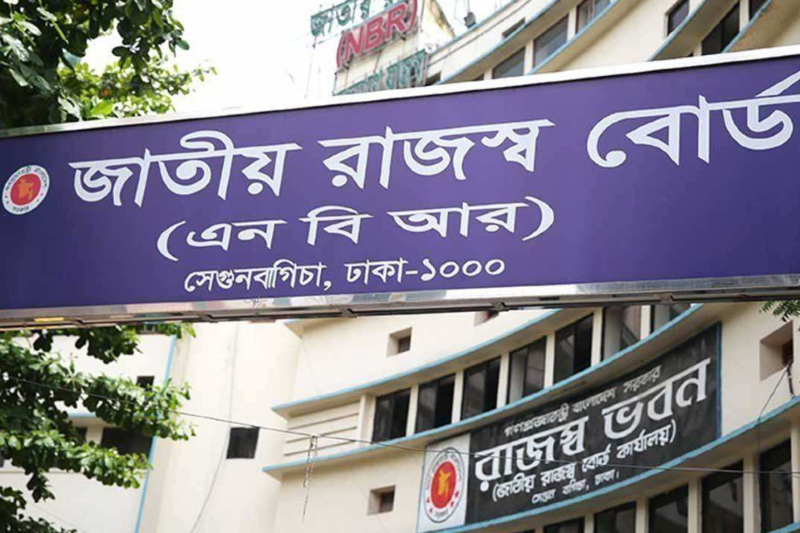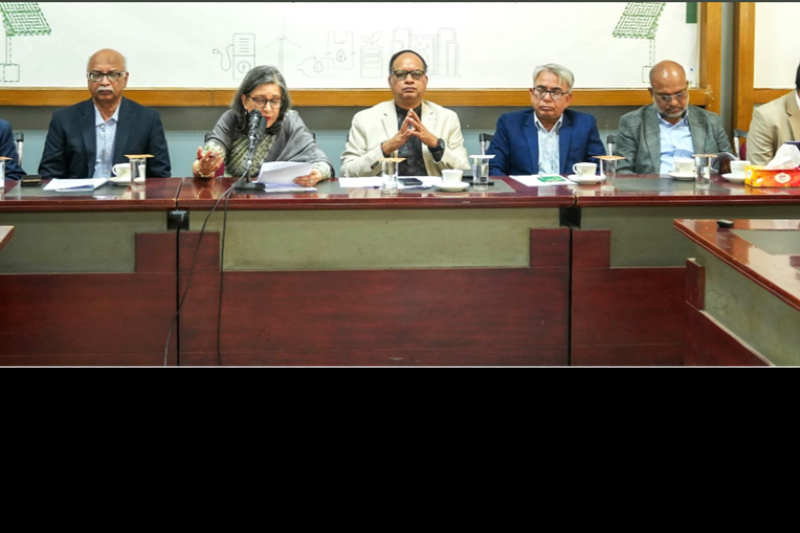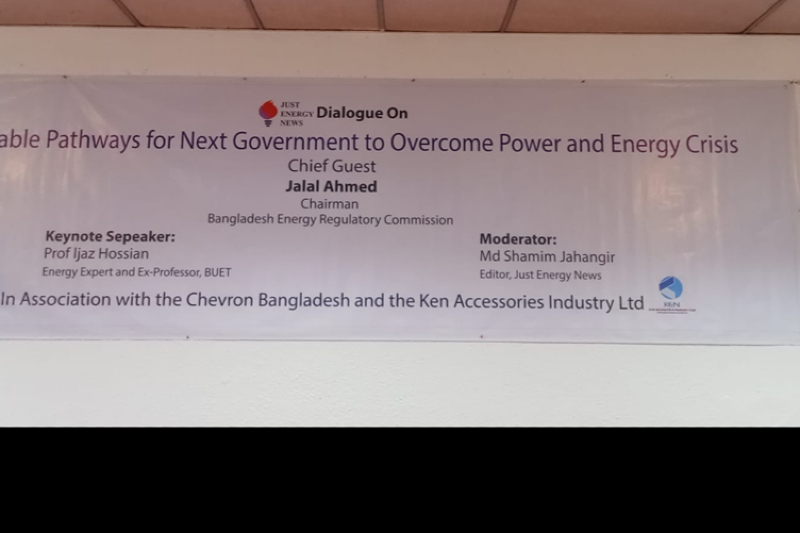National Election Likely in Early April 2026: Chief Advisor
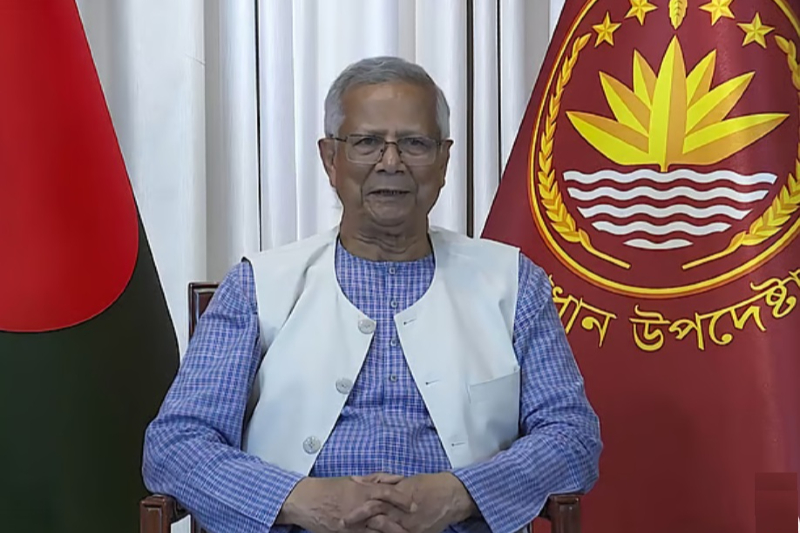
Bangladesh: In a televised address to the nation on Friday evening, Chief Adviser Professor Muhammad Yunus announced that the next parliamentary elections in Bangladesh will be held on any day during the first half of April 2026.
“After reviewing the ongoing processes related to justice, reform, and election, I declare to the nation that the next national election will be held on any day during the first half of April 2026. Based on this announcement, the Election Commission will soon present a detailed election roadmap to the public,” he said.
The Chief Adviser reaffirmed that the interim government assumed responsibility with three mandates—justice, reform, and election. He expressed confidence that by the upcoming Eid-ul-Fitr, they will reach a substantial position in terms of reforms and justice, particularly concerning the trials for crimes against humanity.
These, he said, are part of the nation's collective responsibility toward the martyrs of the July uprising, and visible progress should be expected in this regard.
Blaming flawed elections for Bangladesh's prolonged crises since independence, Yunus stated that repeated monopolization of power through such flawed processes led a political party to become a “brutal fascist force.”
He emphasized that those who orchestrate rigged elections are seen as criminals by the nation, and those who come to power through such means are reviled by the people.
He added that the core responsibility of the current interim government is to ensure a clean, festive, peaceful election with massive public participation—one that prevents the nation from plunging into future crises.
For this, institutional reform is crucial. Without good governance in election-related institutions, all sacrifices of the students and citizens would be in vain, he cautioned.
“July Charter” Based on Political Consensus Expected
Yunus expressed hope that a “July Charter” based on a political consensus among all parties will be presented to the nation within the coming month. The charter will include a list of reform proposals agreed upon by political parties from the recommendations of the Reform Commission. Signing the charter would signify a pledge from the parties to implement those reforms.
He said, “We are committed to implementing the urgent reforms outlined in the July Charter. We also intend to begin work on several remaining points. We hope the rest will be carried forward by the elected government.”
Myanmar Corridor Rumor Is “Blatant Lie”
Addressing circulating claims that Bangladesh has granted Myanmar a corridor through its territory, Yunus described the allegations as “blatant lies,” likening them to baseless folklore.
“Those who create such uncivilized myths and repeatedly attempt to confuse the people are the true architects of unrest,” he said.
He urged citizens not to be misled and reassured that, despite such propaganda, the government remains focused on resolving this complex issue.
Yunus disclosed that during a visit to Dhaka in March, the UN Secretary-General had proposed a humanitarian aid channel for Rakhine State, which could potentially support Rohingya repatriation. However, the proposal remains at the discussion stage.
He also mentioned that efforts continue to maintain both formal and informal communication with rebel groups in Myanmar to ensure the security of the border and facilitate Rohingya repatriation. During his foreign visits, he raised the Rohingya issue with various leaders and reported receiving positive responses and cooperation.
“Three Mandates Are a Pact with the Nation”
The Chief Adviser reiterated that in order to recover from the devastation left by the fallen autocracy, three essential tasks must be accomplished:
- Establish visible efforts toward justice and accountability.
- Rebuild democratic institutions through broad political consensus.
- Conduct a free, fair, and peaceful election, thereby completing a democratic power transition.
“These three mandates are a pact we’ve made with the people,” he emphasized.
Trial of July Massacre Underway
The Chief Adviser reported that judicial proceedings have begun concerning the massacre that took place in July-August last year, along with efforts to investigate 16 years of enforced disappearances, extrajudicial killings, and massive financial corruption.
“The trial of the July massacre is already underway, and the government is fully cooperating to ensure speedy justice,” he said.
For the first time in the country’s history, parts of a judicial proceeding are being broadcast live or via recorded sessions with court permission. This, he said, will increase public trust in the judiciary and dispel disinformation campaigns.
Yunus noted that following the fall of the previous regime, loyalists attempted to destroy or hide crucial evidence from police stations, hospitals, and other key institutions. Buildings were altered, and digital evidence—including audio, video, and internet data—was tampered with. However, investigators are using cutting-edge technology to recover and restore the evidence. He urged the public to support these efforts.
He also revealed harrowing details about enforced disappearances, saying that many victims were held in detention centers as small as three feet by three feet.
Enforced Disappearance Law Nearing Completion
A law addressing enforced disappearances is in its final stages, Yunus said. An independent commission investigating these crimes has been working tirelessly. They have visited and conducted hearings at six known detention centers across Dhaka, Chapainawabganj, and Bogura, collecting testimonies. Over 800 people—including students, teachers, and civilians—participated in public hearings organized at universities and madrasas.
Foreign Investment Reaches $756 Million in Six Months
Yunus said that 30 major reforms were prioritized to improve the investment climate, with 18 already implemented. From October to March, net foreign direct investment totaled $756 million (approximately BDT 9,247 crore).
He noted that the Chinese commerce minister recently visited Bangladesh with 100 companies and around 150 investors.
During recent trips to China, Qatar, and Japan, Yunus said to have promoted Bangladesh’s economic potential, leading to positive bilateral discussions. Efforts are also underway to increase overseas employment for Bangladeshis.
He added that Bangladesh has initiated talks to establish a special economic zone for Qatari investors. Moreover, the government has sought support from Qatar Charity to introduce technology and foreign language education for students in the country’s madrasas.
Chattogram Port Is the “Economic Heart” of the Nation
Calling Chattogram Port the “economic heart of Bangladesh,” Yunus said there have been false claims that the port is being handed over to foreign entities.
He stated that unless the port is modernized and expanded, the country's economic growth will be hindered.
“This heart must be strengthened and made robust,” he said. “We’ve reached out to the world’s best port managers—from Europe, Canada, Australia, China, South Korea, India, Pakistan, Turkey, the Middle East, and Africa. Their job is managing ports.”
He emphasized that a modernized Chattogram Port could turn Bangladesh into a key economic driver for neighboring countries like Nepal and Bhutan.
Fallen Fascist Forces Behind Misinformation
Yunus warned that remnants of the fallen fascist regime, along with their domestic and international allies, are working to sabotage the nation’s reconstruction efforts through disinformation.
He described the country’s current state as being “at war” and called for unity at all costs.
“The defeated forces are waiting to strike and disrupt our progress. We must not give them that chance,” he concluded.
The Chief Adviser ended his address by extending Eid greetings and prayers for the nation.


